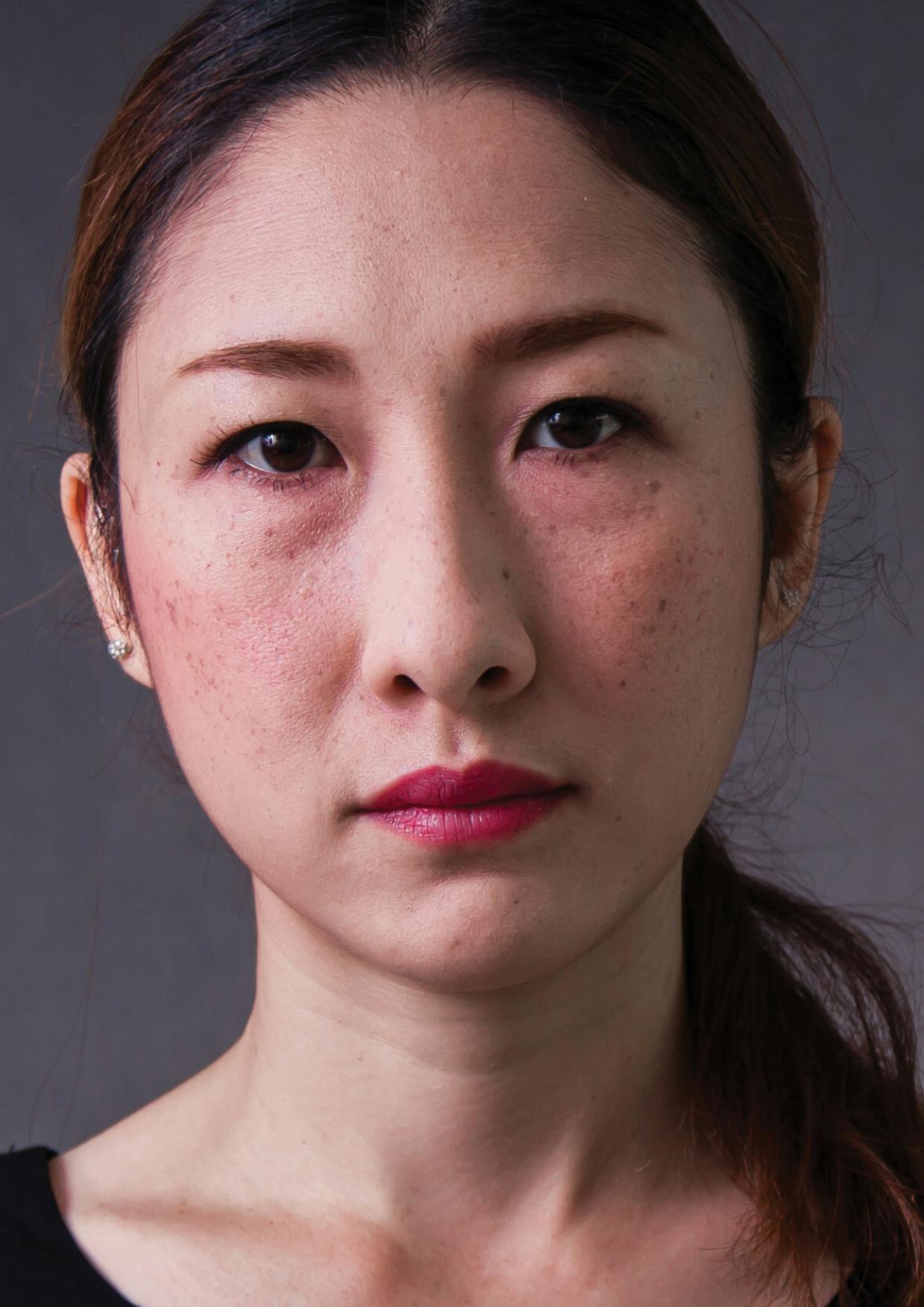Endometriosis fatigue can be a common and debilitating symptom for women with an endometriosis diagnosis. Yet many physicians underestimate its frequency, severity and ultimately the link between endometriosis and fatigue. In fact, few studies have adequately addressed the incidence of this endometriosis symptom or investigated its impact on quality of life for women with an endometriosis diagnosis. A recent study published in the August 2018 issue of Human Reproduction has shed light on the detrimental effects of this symptom.
To assess the prevalence of endometriosis fatigue in women, researchers analyzed data from 560 women who were treated for the condition at hospitals and private clinics in Austria, Germany and Switzerland between 2010 and 2016. They then matched these patients with another 560 women who did not have an endometriosis diagnosis. The investigators found that the majority of women with endometriosis — more than 50 percent — experienced fatigue, compared with just 22.4 percent of women without the condition. Age, time since diagnosis and stage of endometriosis did not appear to have an effect on fatigue. Endometriosis was, however, associated with additional symptoms of insomnia, depression, pain and stress — all of which could have an effect on fatigue.
"As fatigue is experienced by numerous women with endometriosis, it needs to be addressed in the discussion of management and treatment of the disease," wrote the study's authors. "In addition to treating endometriosis, it would be beneficial to reduce insomnia, depression, pain and occupational stress in order to better manage fatigue."
Endometriosis and Fatigue: What's the Connection?
In endometriosis, tissue similar to that found in the uterine lining (endometrium) grows elsewhere in a woman's body. Pain is the most common symptom of endometriosis, and can include painful menstrual cramps, pain during sexual intercourse, chronic pelvic or lower back pain and pain while urinating or having bowel movements. Research suggests that the pain associated with endometriosis may have significant effects on sleep. One study in the European Journal of Pain found that women with endometriosis not only have a lower pain threshold, but also poorer sleep quality than their peers.
Inflammation may also contribute to feeling exhausted. The release of cytokines and the body's attempts to heal can lead to an immune response — and therefore chronic inflammation — that can leave women with endometriosis feeling drained.
Similarly, the blood loss associated with the heavy periods that characterize endometriosis can result in anemia, which also includes fatigue as one of its symptoms.
Addressing Endometriosis Fatigue
Physicians can play an important role in the management of endometriosis and related symptoms. The key is to address the possible underlying causes of exhaustion.
For example, by treating pain and inflammation, you may be able to improve the quality of your patient's sleep. Conventional approaches to endometriosis include hormonal birth control, such as intrauterine devices (IUDs) and extended-cycle contraception, which limit menstrual periods to just a few times a year or eliminate menstruation altogether. Over-the-counter pain relievers such as ibuprofen and naproxen can also treat endometrial pain. In more severe cases, surgery may be beneficial, although endometrial patches could later return.
Treating anemia and addressing insomnia may also help to lessen fatigue. Regular physical activity, a balanced diet and managing stress through relaxation techniques and therapy might be effective approaches as well. As research continues to confirm the symptoms that those with endometriosis have experienced for years, gynecologists should help their patients fight the fatigue commonly associated with this condition.





